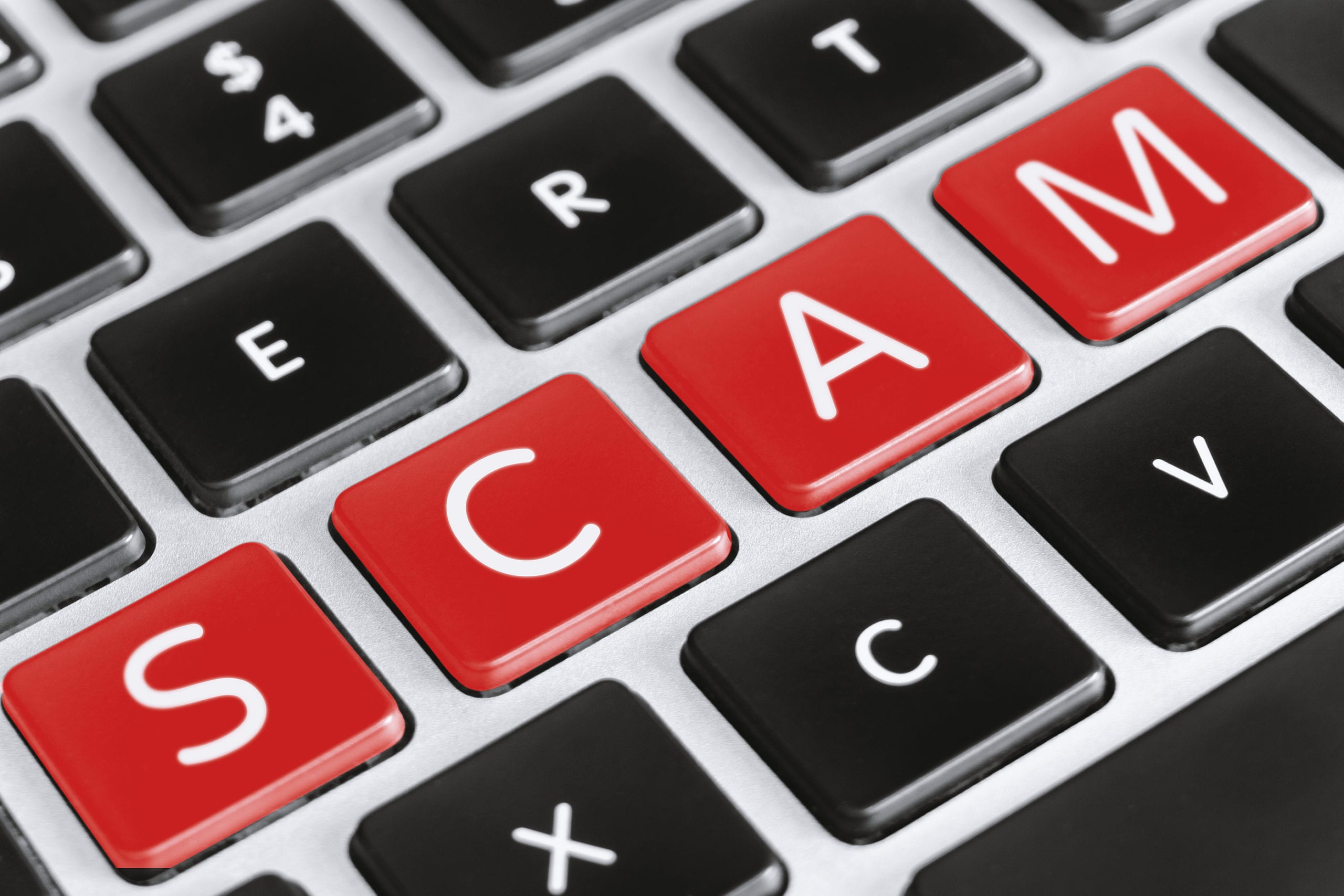
If everyone already didn’t have enough to worry about, scammers have been taking full advantage of the disruption and anxiety related to the global pandemic.
People have been getting hit on several fronts with COVID-19 scams, and some of them have unfortunately been scammed out of several thousands of dollars.
There are typically two attack vectors these scams take. One is to send fake links that send people to malicious websites that automatically download ransomware, viruses, and other malware onto their computer.
Unless someone has protection on their PC, like WebGuardian, this can lead to loss of sensitive data, spyware recording passwords and video cameras, and more.
The other attack type is to try to get someone’s credit card number, SSN, bank account details or other personal information. This is usually done via a scam call impersonating a government agency or company selling a bogus virus-related product.
Both types of attacks can be equally dangerous, and both have been growing during the last few months, putting even more strain on families that are already juggling kids home from school and remote work.
The FBI has seen a 400% increase in cybercrimes during the pandemic.
One part of staying safe is being aware of the scams that you need to watch out for. The other part is putting digital tools in place that can keep your PC and the personal data it holds safe from hackers.
Cyber Scams to Keep an Eye Out For
Scams are often very clever and prey on people’s fears and confusion about the pandemic. Arm yourself with the knowledge and PC protection you need to keep your family safe.
Here are some of the most prevalent COVID email and phone scams to watch out for.
Free Coronavirus Test Kit Phone Scam
The World Health Organization has warned of a scam that uses their name and tells people they can have a free coronavirus test kit. They’ll try to collect the person’s personal details and health insurance information.
This scam often targets those with diabetes and may also offer a “free diabetic monitor” in addition to the virus testing kit.
CDC Infection Prevention Phishing Scam
This phishing scam spoofs the name/logo of the CDC and purports to provide a link to infection prevention measures for COVID-19. The link takes the recipient to a malicious website.
Phone Scams with Fake Financial Offers
Several variations of the same type of phone scam prey on those worried about the financial implications of the months-long shutdowns due to the pandemic.
They offer a type of COVID-19 themed relief such as:
- Debt consolidation offers
- Work-from-home opportunities
- Student loan repayment plans
Online Listing Robocall Scam
This robocall scam is targeted at small businesses. It tells the caller that if they are a small business impacted by the coronavirus to “press one” to ensure their Google business listing is correctly displaying the right information to customers. It warns that if the information isn’t correct, customers won’t be able to find them.
Health Advice Phishing Scam
One trick this next scam uses is to pretend to link to an innocent looking PDF file, but the link actually goes to a malicious website. The phishing scan purports to send a link to coronavirus safety measures and states, “This little measure can save you.”
Workplace Policy Phishing Scam
This next scam targets workers, especially those who may be disconnected from their office and working from home remotely.
It purports to contain a new infectious disease policy sent from the recipient’s HR department and states that they need to click the link to review the policy by a certain date.
CDC Donation Phone Scam
This next scam spoofs the Caller ID of the Centers for Disease Control and Prevention. People see CDC in the caller ID and pick up because they think it could be related to contact tracing.
The scammer then tries to get credit card details for a donation to help those impacted by the pandemic.
$1,000 Economic Stimulus Phishing Scam
This next phishing email takes advantage of confusion over stimulus money and people that may really need financial help due to being out of work. This scam offers $1,000 in economic stimulus with a goal to gather personal information like bank details and social security numbers.
Infection Scare with Excel Download Scam
This phishing scam tells the recipient that they may have been exposed to COVID-19 by a friend, family member, or coworker. The email instructs the recipient to download an Excel file which has a form to fill out and to take that to the hospital. The download infects the person’s computer with a malicious file.
Protect Yourself from Phishing Scams with WebGuardian
Get peace of mind in an uncertain time by protecting your computer and data with WebGuardian by Two River Computer. You get world-class security and are kept protected from those malicious phishing sites.
Contact us today to sign up or learn more. Call 732-747-0020 or reach us online.


